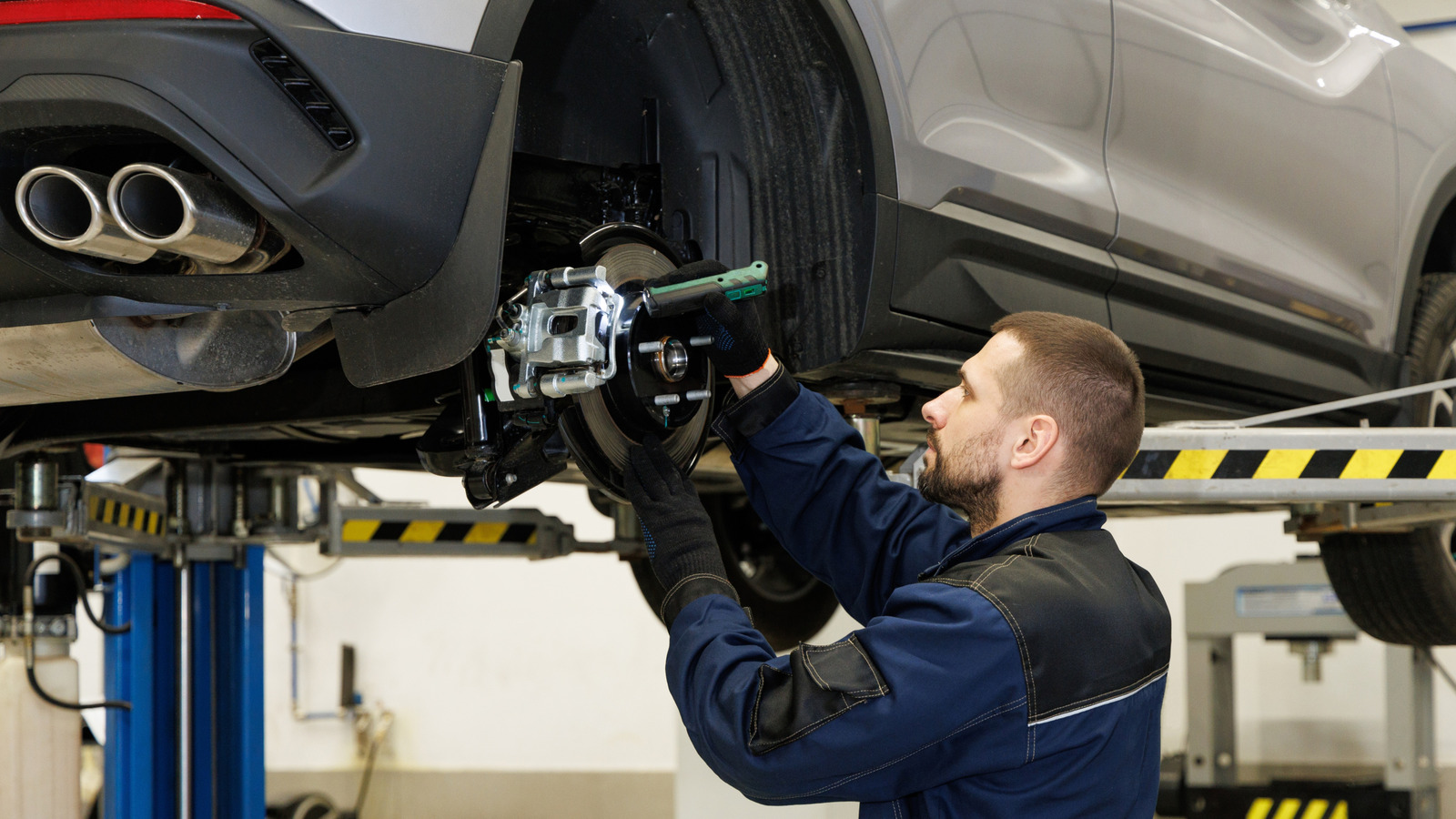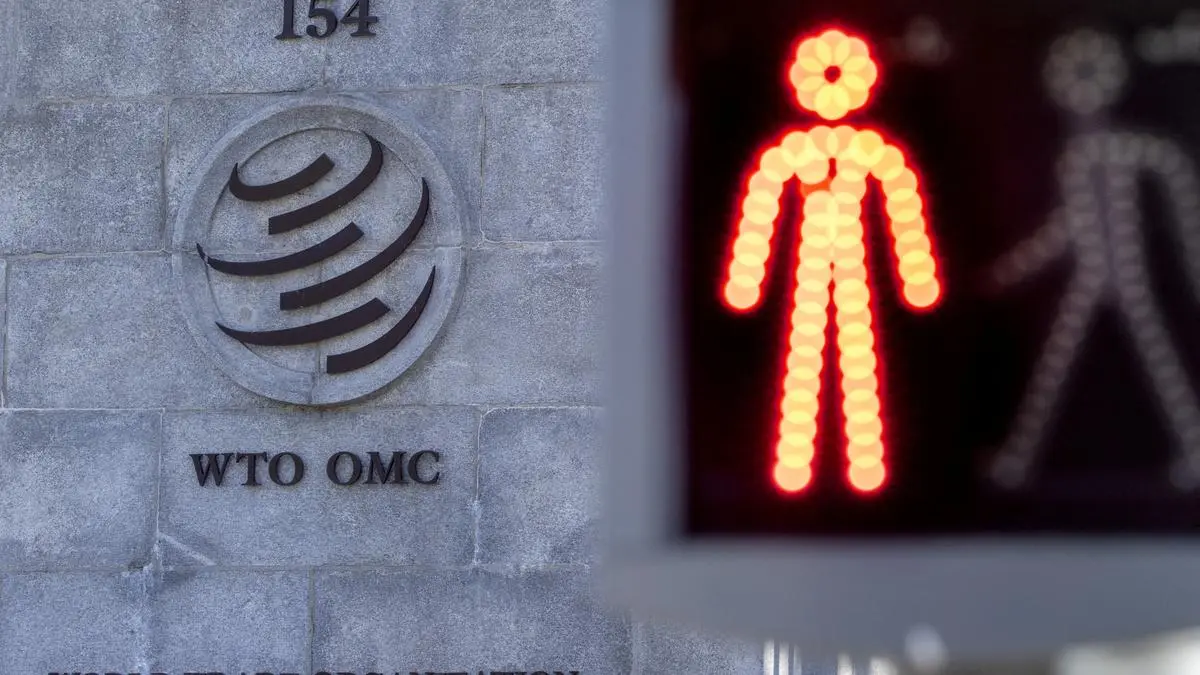By Benjamin Gracias
Copyright jalopnik

Brakes are vital parts of your car, and while it’s one thing to diagnose issues with your braking system, it’s another to prevent these issues from cropping up. There are some pre-emptive steps to ensure your brakes remain in top-notch condition. It starts with the following driving habits that ensure your brakes have a long, consistent life.
Firstly, avoid hard braking. Slamming on the brakes like your life depended on it puts excessive strain on your braking system, especially your brake pads (shoes in the case of drum brakes). This leads to excessive wear, necessitating a premature replacement of the brake pads. Keeping a safe distance from the car ahead helps you plan better in emergency braking scenarios, giving you ample time to react and gradually bring the car to a stop. Gradual braking goes a long way in preserving your brakes.
The best way to preserve your brakes is to use them as little as possible. While it might seem stupid, anticipating your stops and lifting off the accelerator gradually slows your vehicle to a point where it can stop by itself. Engine braking is your friend, and can save you if your brakes fail at highway speed. Learning to use it along with your brakes exponentially increases your braking efficiency and life. Avoid clutching in while braking, as it simply releases your vehicle from engine braking and actually ends up increasing your vehicle’s speed. Beware, though, you can do engine braking wrong too. Other hygienic driving tips are keeping your foot off the brake pedal. A constant pressure on your brake pedal, however light, causes the brake pads to rub with the disc, and prolonged exposure leads to them overheating, causing excessive wear.



